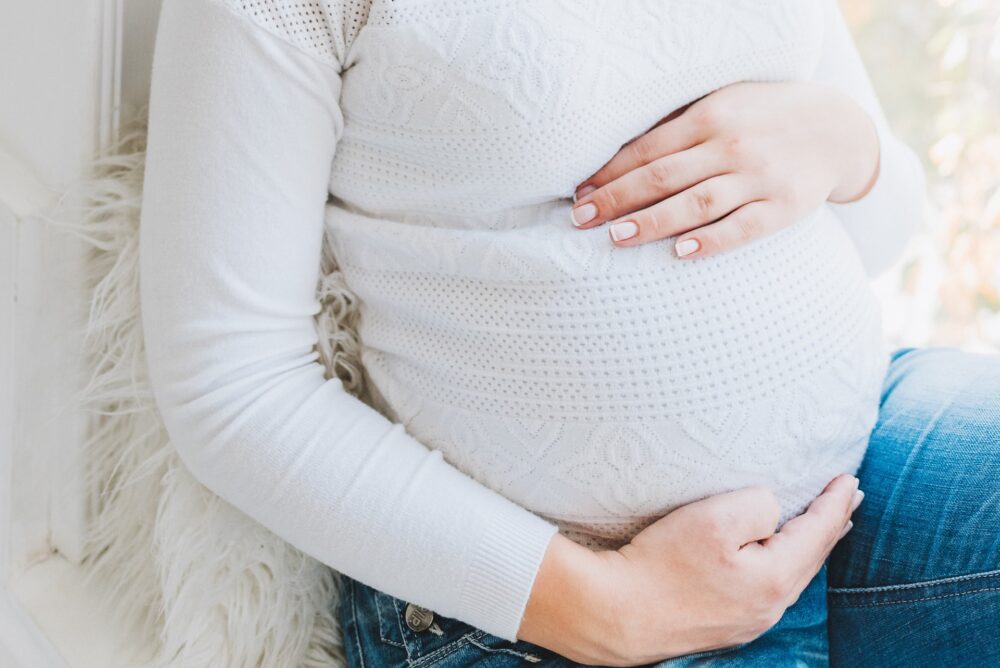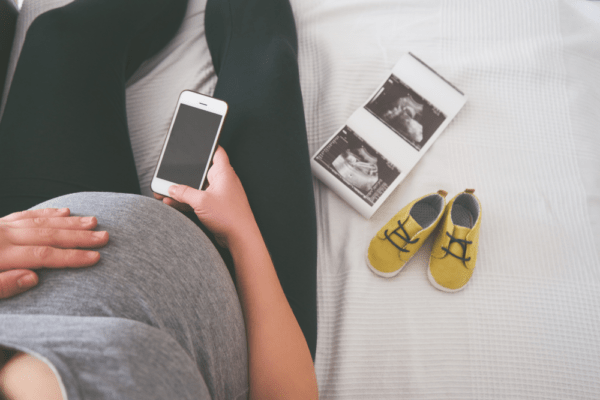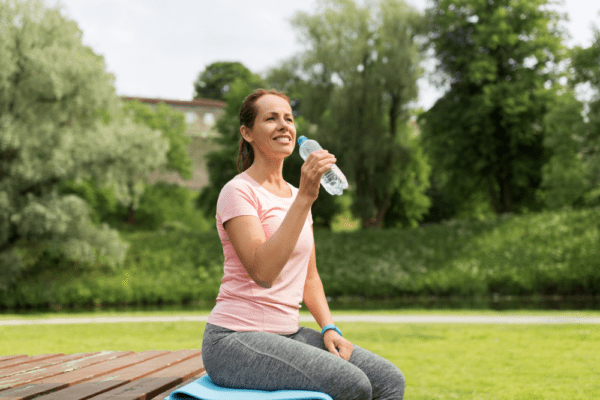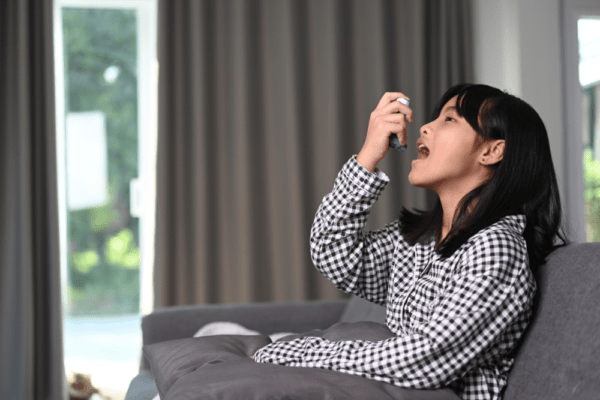Is coronavirus dangerous for pregnant women and new mothers? Being pregnant can already be quite stressful, so it’s only natural to feel even more overwhelmed amidst a global pandemic.
Many pregnant women have all kinds of concerns and questions, both for themselves and their babies, about the impact of COVID-19 on their health. All evidence so far indicates that pregnant women are no more likely to catch the coronavirus than the next person. Based on research and the number of cases, there is no evidence for pregnant women to become more unwell from the new virus. However, as a precaution, expecting mothers have been advised to be particularly strict with following the guidelines issued by national and international health bodies.
Pregnant women are included in the group of people who are at moderate risk, i.e. if infected, most pregnant women will only experience mild or moderate symptoms and eventually recover. Pregnant women have been included in the list of people at moderate risk (clinically vulnerable) as a precaution. This is because pregnancy in a small proportion of women can alter how your body handles severe viral infections and some viral infections, such as flu, can get worse in pregnant women.
Differentiating between COVID-19 symptoms and pregnancy signs
Pregnancy can alter how the body handles severe viral infections in some women. This can make some people overlap the pregnancy symptoms they might be feeling with those of coronavirus.
The main symptoms of coronavirus include a cough, high body temperature (fever), shortness of breath, loss or change of sense of smell or taste, muscle pain, etc. Since both situations comprise of signs like fatigue, chills, nausea, and headaches, it is understandable to get confused between the two. Whatever the signs maybe, if you are pregnant it’s always advisable to inform your healthcare provider if you’re experiencing any discomfort.
Protecting your baby
One of the concerns surrounding coronavirus and pregnancy is about the safety of the newborn. There is no conclusive answer that the virus leads to any birth defects, miscarriage, or similar issues. But claims have been made about the conceivable transmission of the virus from the mother (if she is tested positive for coronavirus) to the baby, although its course is yet to be determined. A small number of reported cases where babies have been diagnosed with coronavirus shortly after birth have come up, but it is also important to remember that given current evidence, it is considered unlikely that if you have the virus it would cause problems with your baby’s development.
WHO maintains that “All women have the right to a safe and positive childbirth experience, whether or not they have a confirmed COVID-19 infection.”
When it comes to breastfeeding your newborn, research seems to run in a similar vein- there is no clear evidence that claims breastfeeding or breastmilk can pass the virus to the baby. WHO has confirmed that new mothers can continue to breastfeed their infants since there is no evidence that suggests the transfer of the virus from a COVID+ mother to her baby. COVID-19 is spread through droplets from coughing or sneezing. The safest option to nurse your child is through practising proper handwashing and consider wearing a face mask while nursing.
Appointments and other pregnancy scans
Talk to your doctor before your appointments given the lockdown guidelines and hospitals getting overwhelmed by corona positive patients. The last thing you’d want is to risk yourself and your baby from getting exposed to the fatal disease.
If you happen to experience any complication that needs medical attention or go into labour, contact your medical healthcare provider immediately. Be mindful of the risks of coronavirus transmission associated with routine contact with healthcare professionals during pregnancy, particularly if pregnancy complications may necessitate frequent hospital attendance.
Coronavirus prevention while pregnant
You should take all the recommended steps to avoid getting sick. Those include washing your hands often, not touching your face, staying at least 6 feet away from other people, and avoiding groups. Other precautionary steps include:
- Antenatal visits should be tailored to a minimum, optimised and timed with prior appointment
- Preferably carry a digital copy of reports and old prescriptions
- Either go alone or only one attendee; attender should preferably be the same in all visits
- Social distancing while waiting for consultation/ultrasound is a must
You should also eat a healthy diet, do yoga and breathing exercises, and maintain good hygiene. If the mother is healthy, it will also protect the baby from illness and infections.
Keep stress levels in check
These are troubling times for everyone. To take care of your stress levels and mental well being is extremely crucial. The pandemic has increased the risk of anxiety and depression in the general population, including in pregnant individuals and their families.
Studies have proven that maternal stress can have a profound effect on the baby. Stress can cause pregnancy and birth complications like high blood pressure, preeclampsia, diabetes, premature delivery, and low-weight babies. Taking care of your mental health is the best thing you can do for a healthier pregnancy.
There are things expecting mothers can do to empower themselves in the current climate:
- Keep mobile and hydrated to reduce the risk of blood clots in pregnancy
- Stay active with regular exercise or yoga, a healthy balanced diet, and folic acid and vitamin D supplementation to help support a healthy pregnancy
- Avoid caffeine, tobacco, alcohol and harmful drugs.
- Speak out and let people know that you need to take extra precautions because you need to be healthy for you and your child.
- Keep in touch regularly with friends and family use video calling, messaging and stay connected.
- Have a strong support system at home
- Take breaks from constant news updates on COVID-19
- Drop or reassign some chores. Use the time you get back to decompress with a book, a nap, or however you prefer to relax.
- Don’t stress about stress




